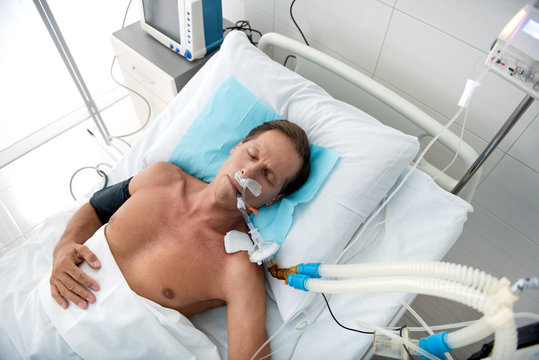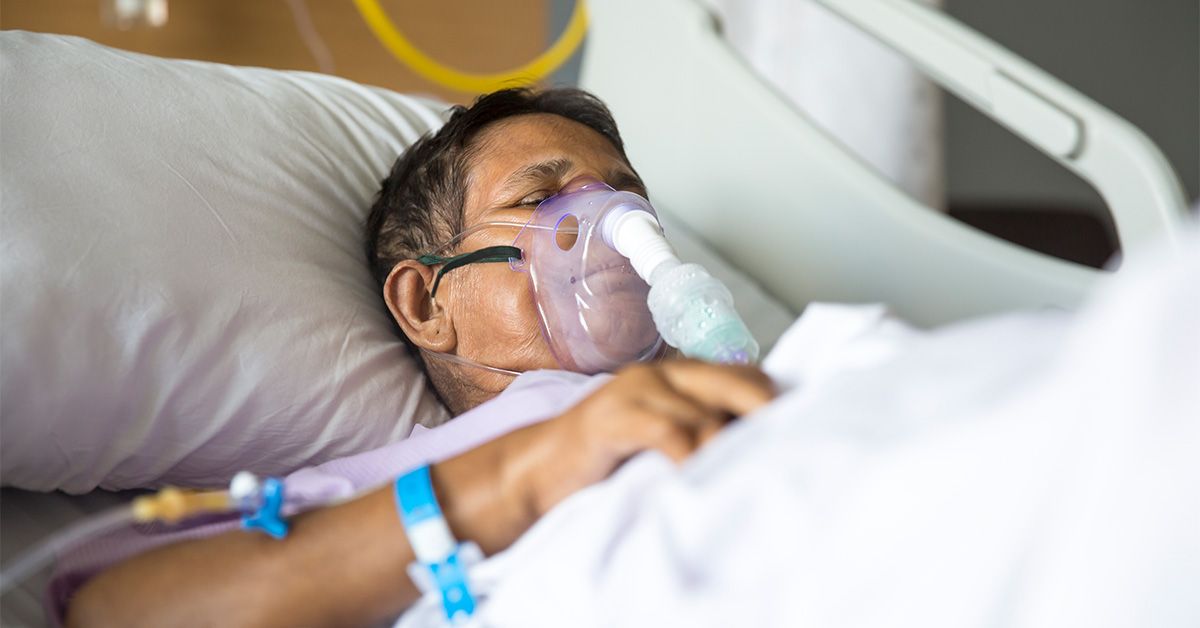Providing ventilator care at home in Dubai has become an essential service for patients who require long-term respiratory support. With advancements in home healthcare, families now have the opportunity to ensure their loved ones receive critical care in the comfort of their own homes. Understanding what is monitored in ventilator care at home in Dubai is crucial for both caregivers and patients to maintain safety, improve outcomes, and enhance quality of life.
Bringing Hospital Care to Your Home
Ventilator Care at home Dubai is often associated with hospital intensive care units (ICUs), but today, specialized home care services make it possible to manage patients requiring respiratory support without being confined to a hospital bed. Ventilator care at home in Dubai is designed to provide comprehensive monitoring, timely interventions, and personalized care plans, allowing patients to maintain independence while receiving medical attention.
The goal of home ventilator care is not only to manage the respiratory condition but also to enhance comfort, prevent complications, and provide continuous monitoring for early detection of health issues.

Key Monitoring Parameters in Ventilator Care at Home
Ventilator care at home in Dubai involves meticulous observation of various health indicators to ensure the patient’s safety and the effectiveness of the ventilator. The main monitoring aspects include:
1. Respiratory Rate and Breathing Patterns
One of the primary aspects monitored in ventilator care at home in Dubai is the patient’s respiratory rate. Caregivers check for regularity in breathing, signs of distress, and any unusual changes such as rapid or shallow breathing. Monitoring breathing patterns ensures that the ventilator is providing adequate support and allows early detection of complications like hypoventilation or apnea.
2. Oxygen Saturation Levels
Oxygen saturation is a critical parameter measured using pulse oximetry. Maintaining optimal oxygen levels is vital for organ function and overall health. Home healthcare professionals monitor oxygen saturation continuously or at regular intervals to ensure the ventilator settings meet the patient’s needs.
3. Ventilator Settings and Alarms
Modern ventilators come with multiple settings, including tidal volume, respiratory rate, and inspiratory pressure. Monitoring these settings ensures the device is functioning correctly and delivering the right support. Alarms are set to notify caregivers of any disconnection, low oxygen supply, or mechanical issues. Understanding and responding to ventilator alarms is a core component of home care.
4. Heart Rate and Blood Pressure
Cardiac monitoring is an essential part of ventilator care at home in Dubai. Patients on ventilators may have underlying cardiovascular conditions that need attention. Tracking heart rate and blood pressure helps detect early signs of stress or complications associated with respiratory support.
5. Body Temperature
Infections are a common risk in ventilated patients. Monitoring body temperature helps caregivers identify potential infections early, enabling prompt medical intervention. Regular temperature checks are an integral part of home care protocols.
6. Mental and Emotional Well-being
Patients receiving ventilator care at home in Dubai may experience anxiety, depression, or cognitive changes due to prolonged medical care. Monitoring mental and emotional health ensures that appropriate interventions, such as counseling or relaxation techniques, are implemented alongside physical care.
The Ventilator Care Process at Home
Initial Assessment and Setup
Before starting home ventilator care, a comprehensive assessment is conducted by healthcare professionals. This includes reviewing the patient’s medical history, current respiratory condition, and home environment. The ventilator is then set up with proper safety measures, and caregivers receive training on operation, monitoring, and emergency response.
Daily Monitoring Routine
A structured monitoring routine is established to check respiratory parameters, vital signs, and ventilator functionality. Home care nurses may visit multiple times a day or provide remote monitoring using telehealth systems. Families are also trained to observe symptoms, operate the ventilator, and respond to alarms.
Ongoing Adjustments
Ventilator settings may need periodic adjustments based on the patient’s progress. Continuous monitoring allows healthcare professionals to modify support levels, medications, or therapy schedules as needed, ensuring the patient remains stable and comfortable.
Benefits of Ventilator Care at Home in Dubai
Choosing ventilator care at home in Dubai offers several advantages for patients and families:
- Comfort and Familiarity: Patients can remain in a familiar environment, reducing stress and promoting emotional well-being.
- Personalized Care: Care plans are tailored to the patient’s specific needs, including mobility, nutrition, and therapy.
- Reduced Hospital Visits: Continuous home monitoring minimizes hospital readmissions and reduces the risk of hospital-acquired infections.
- Family Involvement: Families can actively participate in the patient’s care, creating a supportive environment and improving outcomes.
Common Post-Care Practices
Even with skilled monitoring, proper post-care is essential to ensure long-term success in ventilator care at home in Dubai. Key practices include:
- Regular Equipment Maintenance: Cleaning and servicing the ventilator to prevent infections or mechanical failures.
- Respiratory Therapy: Incorporating exercises and therapies to maintain lung function and prevent complications like pneumonia.
- Nutritional Support: Ensuring the patient receives adequate nutrition to support recovery and overall health.
- Follow-up Consultations: Regular visits from respiratory specialists to assess progress and make necessary adjustments.
Treatments Provided Alongside Ventilator Care
Ventilator care at home in Dubai often integrates additional treatments to support overall health:
- Oxygen Therapy: Supplemental oxygen may be administered alongside ventilator support to maintain optimal oxygen levels.
- Medication Management: Prescribed medications such as bronchodilators, steroids, or antibiotics are managed carefully to address the underlying condition.
- Physical and Pulmonary Therapy: Exercises and therapies designed to strengthen the respiratory muscles and improve lung function are commonly provided.
- Emergency Response Planning: Caregivers are trained to handle emergencies, ensuring that timely medical interventions are possible when needed.

Choosing the Right Home Ventilator Care Service
When opting for ventilator care at home in Dubai, consider the following:
- Accreditation and Experience: Ensure the service provider is licensed and experienced in managing complex respiratory cases.
- 24/7 Support: Continuous monitoring and access to emergency support are critical for patient safety.
- Caregiver Training: Professional guidance for family members on ventilator operation, symptom observation, and emergency response is essential.
- Customized Care Plans: Look for providers who tailor care to the patient’s condition and lifestyle.
Conclusion
Ventilator Care at home in Dubai is a sophisticated, patient-centered approach that brings hospital-quality respiratory support to the comfort of home. By carefully monitoring respiratory parameters, vital signs, mental well-being, and ventilator functionality, healthcare professionals ensure patients receive safe and effective care. Complementary treatments, structured monitoring routines, and comprehensive post-care practices make home ventilator care a viable option for improving patient outcomes and quality of life.
Families seeking ventilator care at home in Dubai benefit from personalized, professional, and continuous support, allowing their loved ones to recover or manage chronic conditions with dignity, comfort, and safety.





Comments